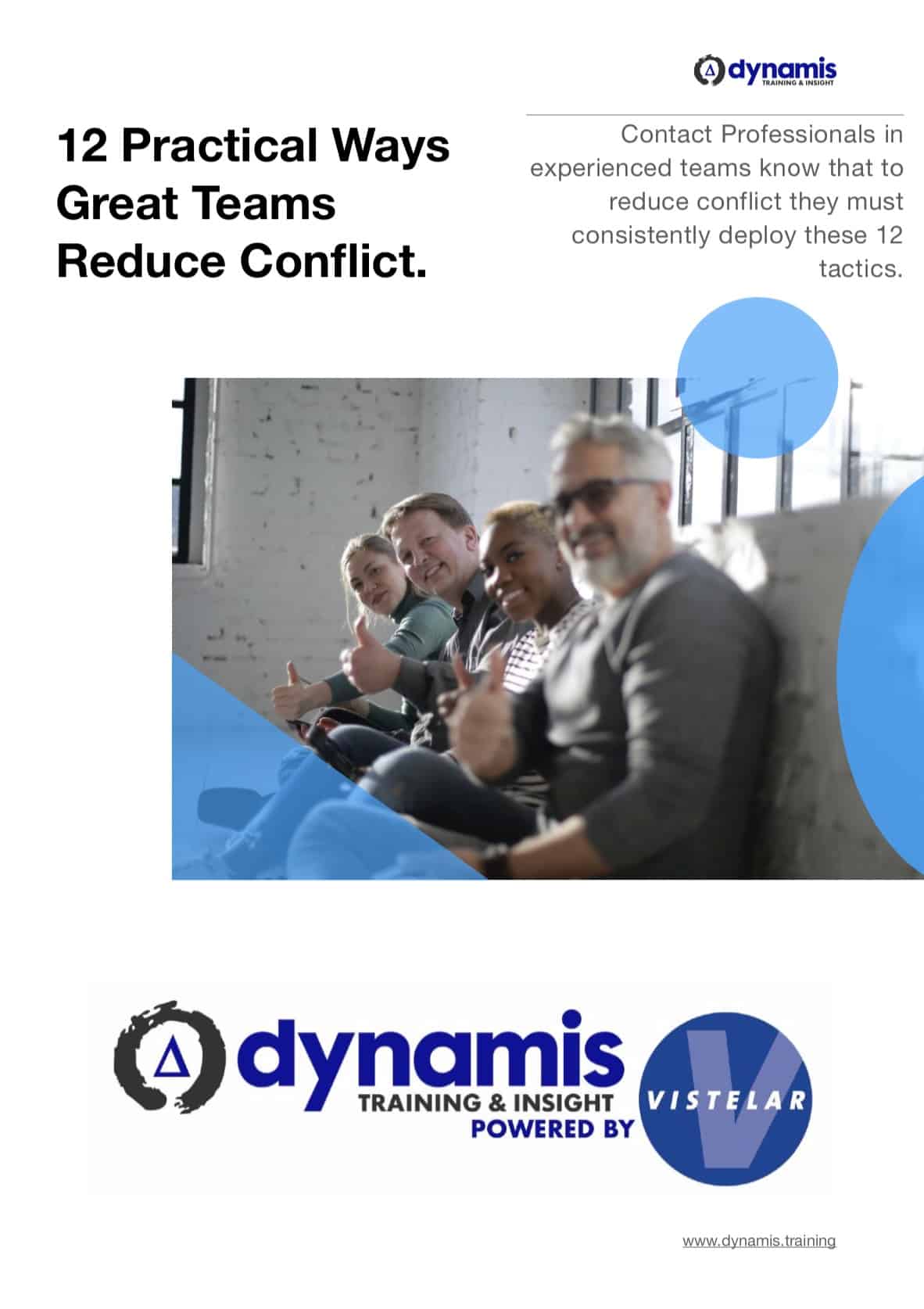Drug and Alcohol Support Team: Personal Safety and De-Escalation Training
Drug and Alcohol Support Team Case: A team of hostel supported-living staff were experiencing a variety of aggressive and sometimes violent behaviour from service users with chaotic lifestyles.
Who engaged Dynamis: The Drug and Alcohol Support team service manager had engaged Physical Intervention training some years earlier for her staff. At this time, she was looking for training with more relevance for her team, who were experiencing feelings of stress, fear and sometimes anger over the incidents that were occurring as they worked with their client group out in the community in often stressful or isolated situations.
Why Dynamis was asked to help:
Key Issues identified by the Drug and Alcohol Support team staff and managers:
- conflict often erupted due to a ‘Status Threat’ perceived by individuals
- possible lack of boundaries and inconsistency on rules, between shifts
- office layout, where many high-stress interactions take place, not optimal
- staff under direction from an old policy that the service is a ‘no restraint’ service, despite evidence and incidents pointing to the occasional high-risk need for physical intervention
Training Delivery:
- All staff were introduced to a stress-based model of understanding conflict triggers and defusing conflict scenarios, using our Curve model and the SCARF domains. The SCARF domains in particular were helpful to staff in determining the driving forces behind many of the difficult behaviours they were seeing in their Drug & Alcohol Support team service.
- Staff were trained to understand and utilise natural body language positions and movement to increase their safety as they interact with clients in their facility. Many of their interactions were happening in confined spaces such as offices and bedrooms which do not allow for traditional positioning strategies.
- Staff were trained to use protective motions to survive and escape from a number of common assaults ranging from the more serious to less serious types. These were based on natural responses to close danger, relying on the speed of the body’s own reflexive motion to initiate the rapid-reaction tactics of staff.
Outcomes:
It was felt that our emphasis on behaviours related to stress as a bedrock for the training helped the staff to understand both their clients and their own Drug and Alcohol Support team reactions to certain events.
We also specifically analysed the physical environment and operational procedures for the service and matched the physical training outcomes to this. This was a refreshing approach compared to the previous training company’s “cookie-cutter” training method.
Our personal-protection and escorting procedures have been refined through many years of working in sensitive environments and are designed to offer the greatest degree of flexibility to the staff while being robust during operational use for the Drug and Alcohol Support team and readily defensible in legal proceedings after the event.
Learn More:


